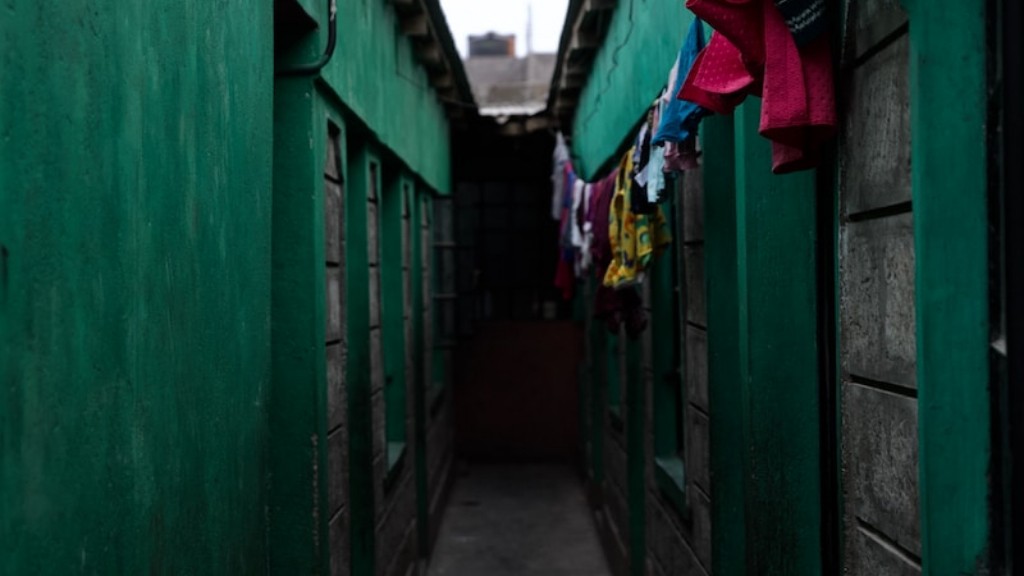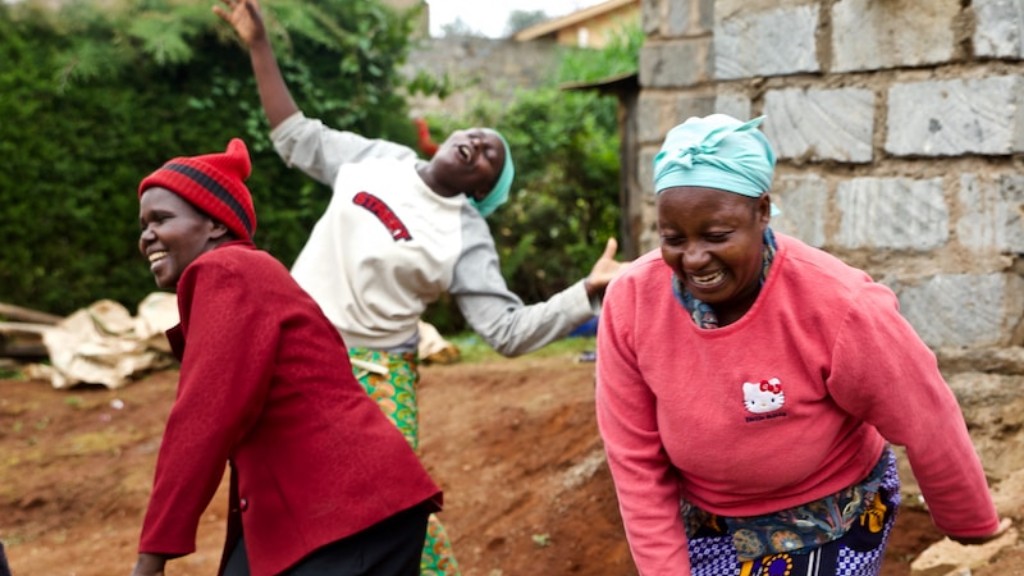Adulthood in African Tribes
Africa is a continent rich in diverse cultures and traditions. In many African tribes, the transition from adolescence to adulthood is marked by unique rituals and ceremonies. These rites of passage play a significant role in shaping the identity and responsibilities of individuals within their respective communities, ensuring the smooth integration of young adults into society.
One such example is the Xhosa tribe in South Africa. The Xhosa people have a tradition called “Ulwaluko” where young boys undergo a circumcision ceremony as a symbol of their entrance into manhood. This ritual is performed by experienced elders and signifies the boy’s readiness to take on adult responsibilities.

According to Dr. Mthokozisi Nkosi, a cultural anthropologist specializing in African tribes, these rituals are deeply rooted in the cultural fabric and belief systems of the communities. Nkosi explains, “In African tribes, adulthood is not solely determined by age but by the successful completion of specific rites of passage. These ceremonies ensure that individuals are prepared to fulfill their roles within the tribe.”
The transition into adulthood also brings important societal expectations. In many African tribes, young adults are expected to contribute to the community through activities like farming, hunting, or participating in communal work projects. This fosters a sense of collective responsibility and contributes to the overall well-being of the tribe.
“In African tribes, the concept of adulthood is closely linked to communal living and the continuous development of the tribe as a whole. Young adults are seen as valuable assets who play an active role in shaping the future of their communities,” says Jane Kibara, a cultural researcher.
While these traditions have persisted for generations, some experts argue that modernization and urbanization are challenging the continuation of these rites of passage. With increased access to education and exposure to global influences, younger generations are often torn between the traditional values of their tribes and the pressures of a changing world.
Dr. Kwame Nkrumah, an anthropologist and advocate for cultural preservation, warns that the loss of these traditions can have profound impacts on African communities. “Rites of passage are not just symbolic, they serve a purpose in shaping the values and identity of individuals. Without them, there is a risk of cultural erosion and the loss of societal cohesion.”
The Maasai Tribe in Kenya
In Kenya, the Maasai tribe has its unique customs surrounding adulthood. For them, young boys go through an initiation ceremony known as “Eunoto.” During this ceremony, boys become men and are given the responsibilities of warriors. They must prove their skills in fighting and demonstrate their ability to protect the tribe.
The Maasai tribe places great importance on bravery, physical strength, and loyalty. These values are instilled in young boys through rigorous training and mentorship. The Eunoto ceremony symbolizes their readiness to protect their community from external threats and uphold the traditions of their tribe.
The Himba Tribe in Namibia
In contrast, the Himba tribe in Namibia has a different approach to adulthood. For them, boys and girls participate in a coming-of-age ceremony known as “Erembe.” During Erembe, girls are adorned with elaborate hairstyles and jewelry, and boys showcase their skills in hunting and herding.
This ceremony marks the transition into adulthood for both genders and provides an opportunity for young individuals to showcase their skills and readiness to take on adult responsibilities. This event also serves as a platform for socializing and finding potential life partners within the tribe.
Challenges and Adaptation
As African societies continue to evolve, the adaptation of traditional rites of passage becomes crucial. While the core values and principles remain significant, there is a need to incorporate modern knowledge and skills into these rituals to ensure relevance and sustainability.
Furthermore, the preservation of cultural heritage must go hand in hand with ensuring the well-being and autonomy of individuals. It is essential to strike a balance between tradition and individual freedom, allowing young adults to explore their own paths while staying connected to their roots.
Conclusion
The transition into adulthood in African tribes is a fascinating journey filled with rich traditions and societal expectations. The rites of passage serve not only as markers of identity but also as mechanisms for social cohesion and the preservation of cultural heritage. As African communities navigate the complexities of modernity, it is vital to honor these traditions while embracing the necessary adaptations to safeguard their cultural legacy for future generations.



